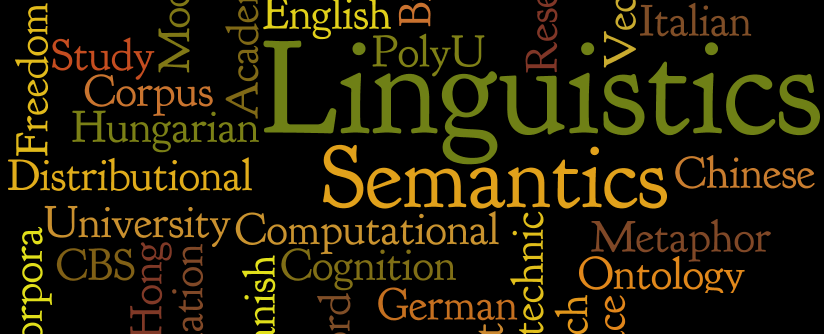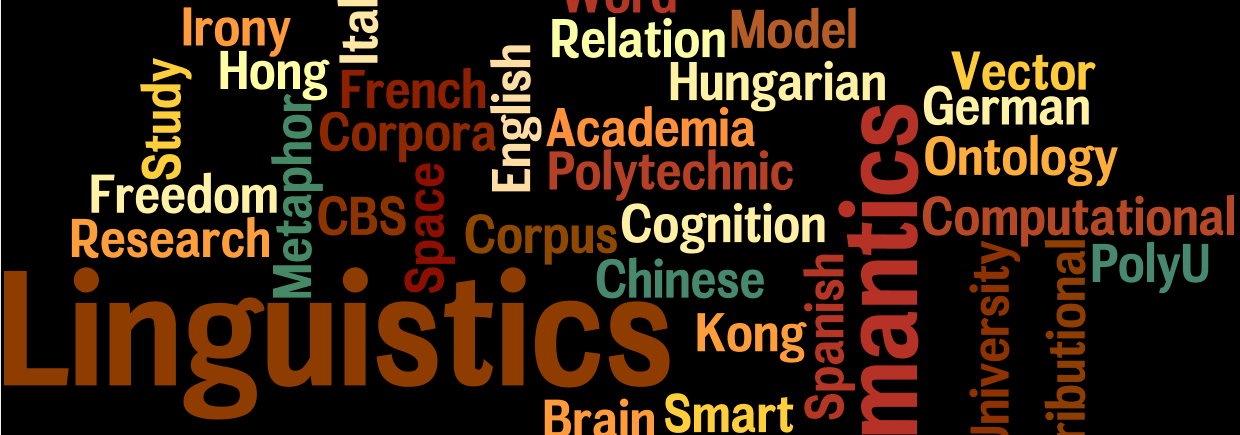Emotion States as Event Types and Event Coercers in Chinese and English: Towards an event-based framework of emotion classification
(GRF Project No. 543810)
Introduction
While primary emotions are probably sums of our survival instincts, success in our highly sophisticated society often depends on how we harness our emotions, and address the emotional needs underlying a specific task. This is one of crucial premises in Roger Martin’s new book ‘Design of Business: Why Design Thinking the Next Competitive Advantage.’ By introducing design thinking, Martin incorporated the skills for observing empathy and resolving competing emotion needs as essential to business. The way designers think can rarely be separated from emotion, as each design aims to evoke certain emotions and avoid some others. It is hence not surprising that the recent developments and applications in automatic extraction of sentiments attracted a full-page report in the technology section of New York Times (2009.08.23). Illustrated with a few successful cases, New York Times showed that sentiment analysis has attracted growing business interest, particularly for online information extraction. Indeed several companies, such as Scout Labs, Jodange and Newssift, have provided this kind of service. Furthermore, besides specialized searches in areas like e-commerce, sentiment analysis also begins to influence general-purpose Web searching.
However, in terms of linguistic and computational theories of emotions, the field is surprisingly underdeveloped. Sentiment computing has succeeded to identify positive and negative sentiments in a context, but cannot yet reliably identify underlying emotions such as anger, fear, and happiness. Neither is there a comprehensive linguistic theory predicting the emotion expressed based on the words expressed. Most crucially, theories fail to make explicit the links between events which evoke emotions, and between felt emotions and the events and activities caused by them. The current proposal aims to develop a theory predicting the dependencies between emotions and events, based on linguistic cues in context. Our study starts with developing a formal theory of representation, and will develop a large corpus annotated with rich information based on this theory. Lastly, the annotated data will be used both to verify a qualitative framework and to develop a stochastic model for identifying and classifying emotions and events automatically.
Research Team
Principal Investigator:
Prof. Chu-ren Huang, Chair Professor of Applied Chinese Language Studies, Department of Chinese and Bilingual Studies, The Hong Kong Polytechnic University.
Co-investigators:
Dr. Lee, Sophia, YatMei.
Dr Ngai, Grace.
Dr. Su, Qi.
PhD Student:
Mr. Hongzhi Xu, PhD Candidate, Department of Chinese and Bilingual Studies, The Hong Kong Polytechnic University.
(Last Modified: Feb. 20, 2015)

